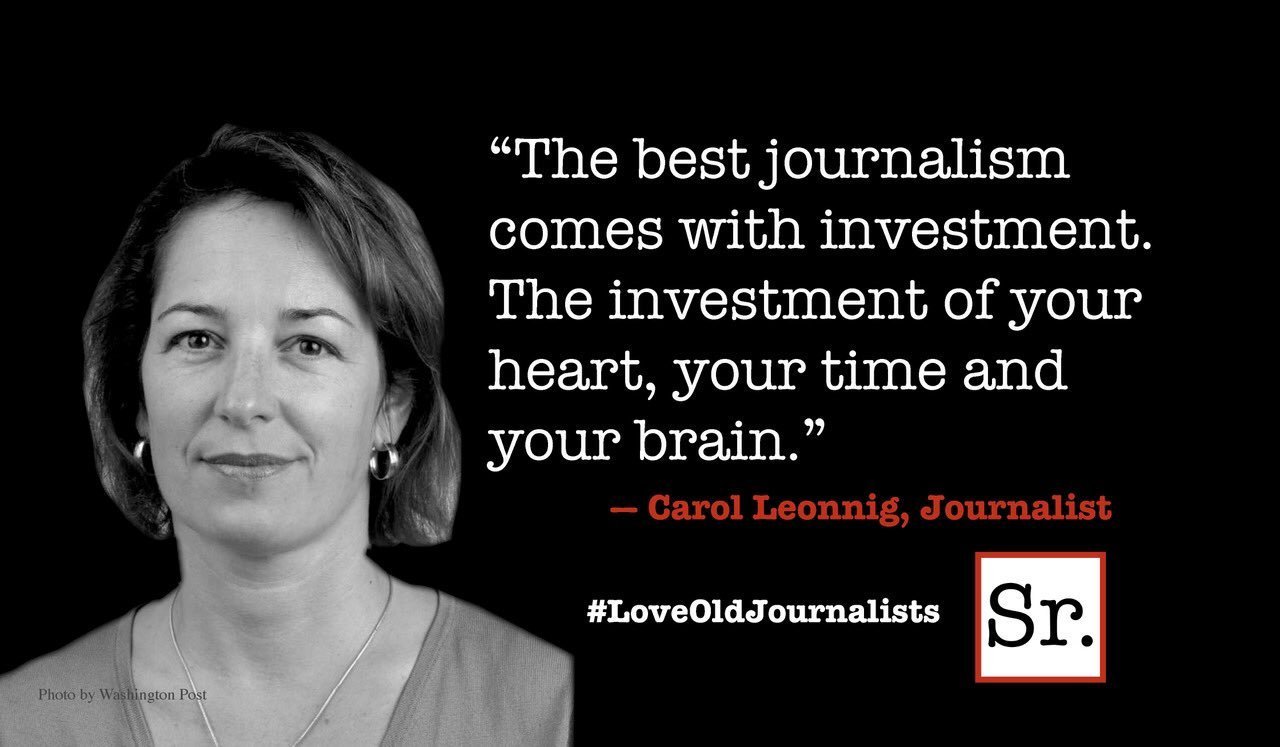Have you ever been on a roller coaster ride? Do you recall the thrilling acceleration followed by the stomach dropping plummets? Many people equate unemployment to that ever-changing, unpredictable ride. Whether you left your job voluntarily or have been involved in a downsizing or reduction in force, losing the structure of work can catapult you onto an emotional rollercoaster. Nancy Collamer, career consultant and author of The Layoff Survival Guide, states, "Even under the best of circumstances; when you've got ample savings, decent job prospects, and a healthy severance package, few people manage to escape the unemployment blues”.
Several years ago, one of my clients stopped me when I described the day-to-day highs and lows and told me that I didn’t understand what he was experiencing. When I asked him to elaborate, he explained that it wasn’t a day-to-day change he was feeling but the shift seemed to be minute-to-minute. Author Marilyn Ferguson articulates, “It's not so much that we're afraid of change or so in love with the old ways, but it's that place in between that we fear. It's like being between trapezes. It's Linus when his blanket is in the dryer. There's nothing to hold on to.”
Leaving a job is a life-altering event. It has been characterized by many of the same stages as other losses; shock, denial, anger, depression, and finally, acceptance. No two people experience job transition in exactly the same way, each person has a unique set of reactions to what may seem to be the same circumstance. Much depends on your financial situation, your support system, and your past experience in finding new employment. Collamer says, “You may have moments of total panic and moments of quiet acceptance, feelings of helplessness and thoughts of “is this ever going to end?” followed by days when it looks like everything is going to fall right into place.”
No matter how often you feel the highs and the lows, or how extreme, there may be no escaping the bumpy, emotional roller coaster of being out of work and looking for a new job. To pull yourself out of the depths, here are some suggestions that will get you through this unsettling period.
Fill your calendar — Keeping busy and adding structure back into your day will help you avoid that useless empty feeling. One of the ways to overcome the challenge of “what should I do today?” is to come up with a plan that works for you. Schedule activities that bring you closer to that new job — networking meetings, informational interviews, and one-on-one sessions with colleagues and budding acquaintances. If you are new to the search, make sure that you include time to hone and polish your resume, cover letters, and interview answers. Also, even though the popular advice is that finding a job is a full-time pursuit, I think it is wise to make sure that you schedule some fun activities. You won’t get this amount of “leisure” time back when you start working again, so take advantage. If you put your non-search activities on your calendar, you will feel less guilty and will be able to include enough search-related activities to feel productive.
Volunteer — Volunteering can provide a healthy psychological boost and a sense of identity. Doing something good for others can promote feelings of pride and self-confidence. Social worker Joanna Saisan writes, “If you’re considering a new career, volunteering can help you get experience in your area of interest and meet people in the field. Even if you’re not planning on changing careers, volunteering gives you the opportunity to practice important skills used in the workplace, such as teamwork, communication, problem solving, project planning, task management, and organization. You might feel more comfortable stretching your wings at work once you’ve honed these skills in a volunteer position first.” In turn, the significant increase in how good you feel about yourself can have a positive impact on how you view your future.
Be optimistic — I am not asking you to be a “Pollyanna” but it doesn’t help to focus on the glass being half full. Remember if you continually think “I’ll never….” you will most likely fulfill that doomed prophecy. While you may have little control over past events, you do have the power to influence how you react to them. Instead of focusing on the negative, think about what positive, productive thoughts and activities can occupy your mind and your time. This is the perfect interlude to explore new career options or just make a list of all the beneficial aspects of your past jobs (i.e. acquisition of new skills and experience, colleagues/friendships, recognition and advancement ) so you can look for the same potential in your new position.
Being out of work may not be easy, but these are steps you can take to ease the stress. You can get through the difficult times by staying busy, reaching out to help others, and remaining optimistic. Take this opportunity away from work to rethink your career goals and rediscover what truly brings you that sense of accomplishment and satisfaction.









